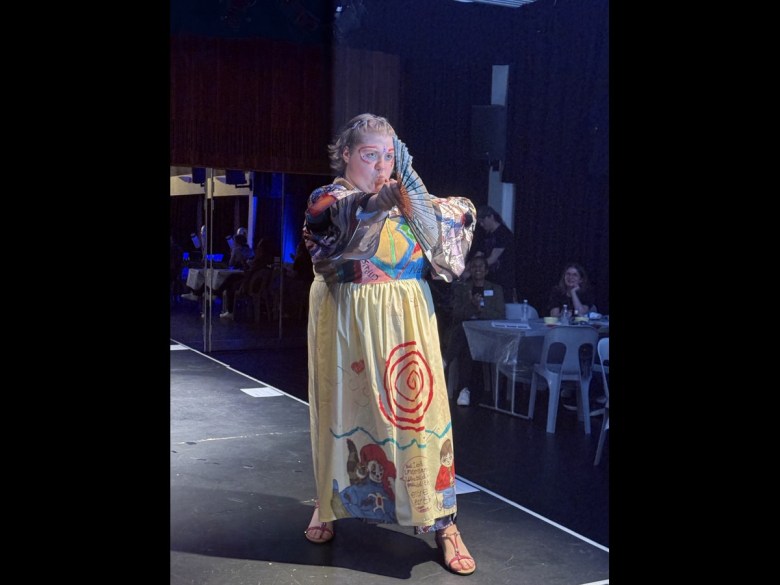The Create Space Arts Initiative is working to make the arts more accessible for the neurodivergent community.
It was born from work done at The A List, a national platform that helps autistic and neurodivergent people to find opportunities for social connections. One of the things the team at The A List noticed was that the neurodivergent community had limited access to arts and culture – things like theatre performances and galleries.
While quiet hours and relaxed performances existed, the team wondered what it would take for these to become standard practice so that neurodivergent people could visit at any time.
They also began to consider the barriers for inclusion for autistic performers, artists, writers and creators – from the grant writing process, to auditions.
“The project is designed to leave a legacy at arts and culture venues, where it’s standard practice to be autism-friendly and for the whole community to experience a neuro-inclusive event, because we know that what works for neurodivergent people also works for all people,” Madeleine Jaine Lobsey, project director of Create Space told F2L.
Create Space has a big focus on building the capacity of staff in creative industries to be more inclusive.
This involves conducting a sort of environmental assessment of spaces alongside autistic and neurodivergent people, providing feedback and recommendations based on their lived experience and evidence about what makes participation in such venues inclusive. Venue staff undertake an autism training program through Aspect.
The idea is for these evaluations to be valid for any performance for any person at that venue, so that ongoing accessibility considerations can be made.
Create Space has also created specific roles to allow young neurodivergent people to develop leadership and facilitation skills in arts activities, to break down barriers to participation.
Through training funded by the Department of Social Services, participants become Lead Arts Facilitators and learn how to lead arts-based activities in venues. They are then paired with neurodivergent professional artists, and staff, to get hands-on experience.
“They’re becoming leaders for the day, and then the public gets to participate in something that is neurodivergent content, neurodivergent designed and created… [and] neurodivergent-led on the day,” Lobsey said.
Having neurodivergent-led programs “makes all the difference”, she added.
“What we’re noticing with the lead arts facilitators is they are just expanding and expanding in their capacity and confidence because they see other autistic adults, who have careers in the arts and can see the pathway clearly for themselves. And I guess because it’s another autistic person, they feel safe to ask questions, to share ideas, to collaborate.”
She said neurodivergent artists have been excited to join the project and lend their experience, while venues have leapt at the chance to become more inclusive and accessible.
“They could see the real value and wanted to be trained, wanted to be autism and neurodivergent friendly. And then for the artists themselves… it’s like a dream come true. It’s an opportunity to be spotlit for who they are as an artist, but also an opportunity for their advocacy.”
Over March and April, Create Space will present a series of four neuroinclusive events, including a Sound Space Silent Disco in Brisbane on March 2, a Mega Draw in Sydney on March 15, Moved! Dance in Sydney on April 6 and Cracked Up in Melbourne on April 10. The events will allow for flexible and inclusive participation, and everyone is invited to attend and get involved.
Tickets are subsidised for the neurodivergent community.
“These events are going to be spectacular. That they’re completely autistic designed, autistic led, autistic created is revolutionary and groundbreaking. And I hope people come and are knocked back by the magic of that,” Lobsey said.
Find out more or book tickets on The A List Create Space website.

